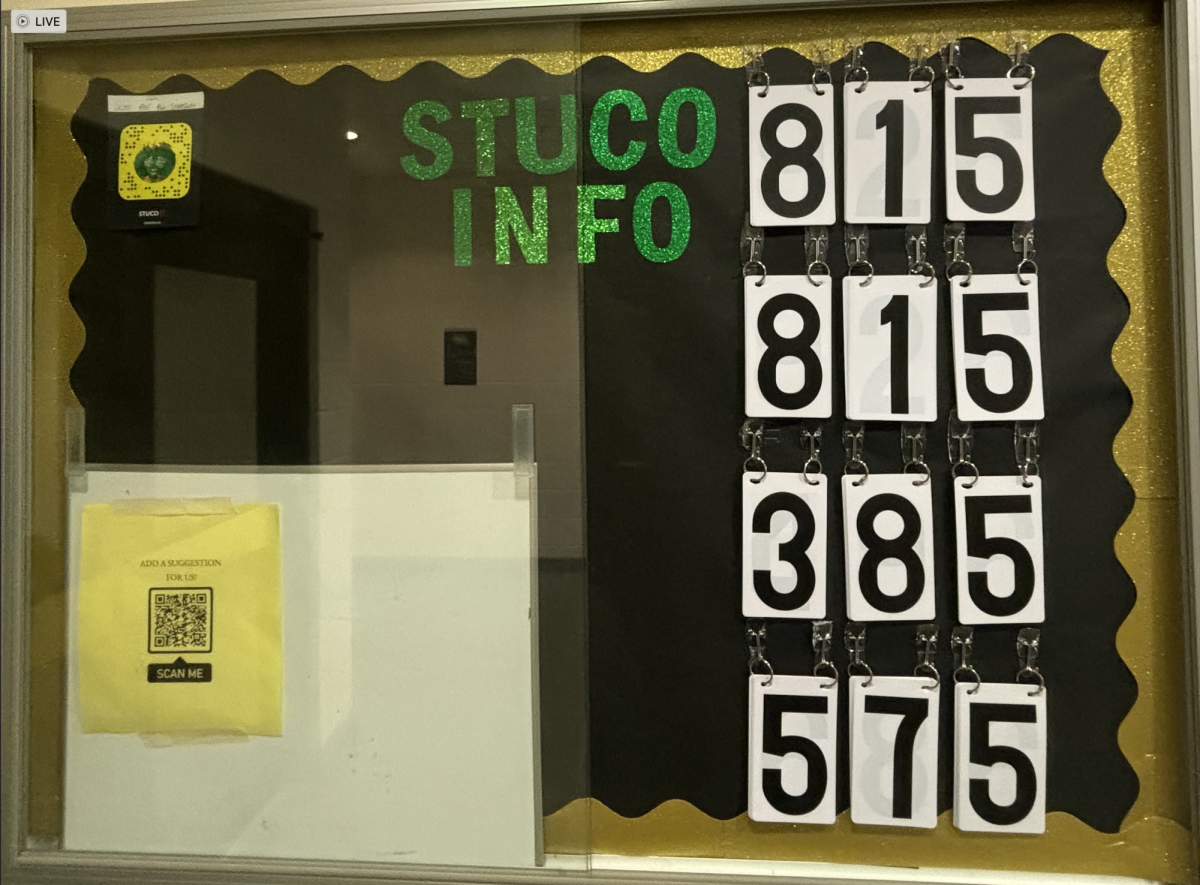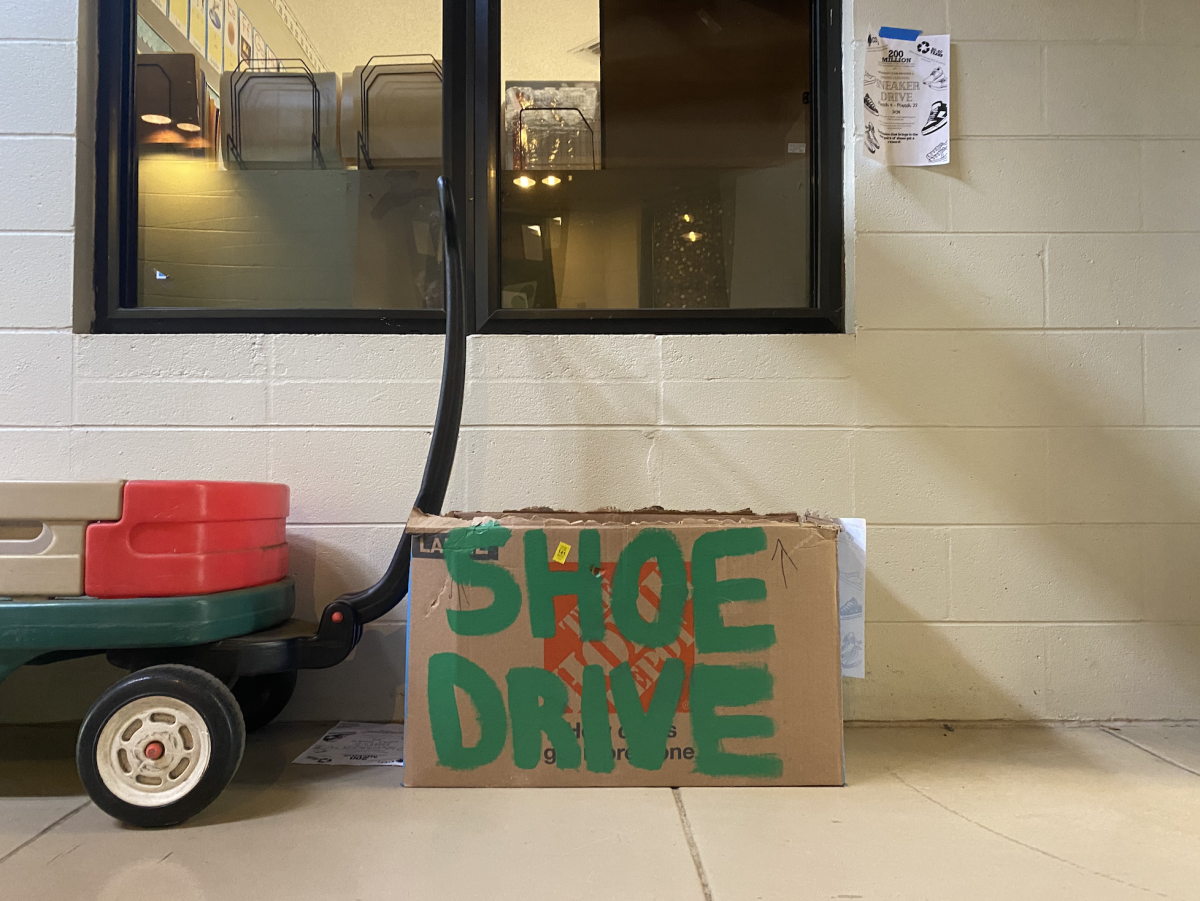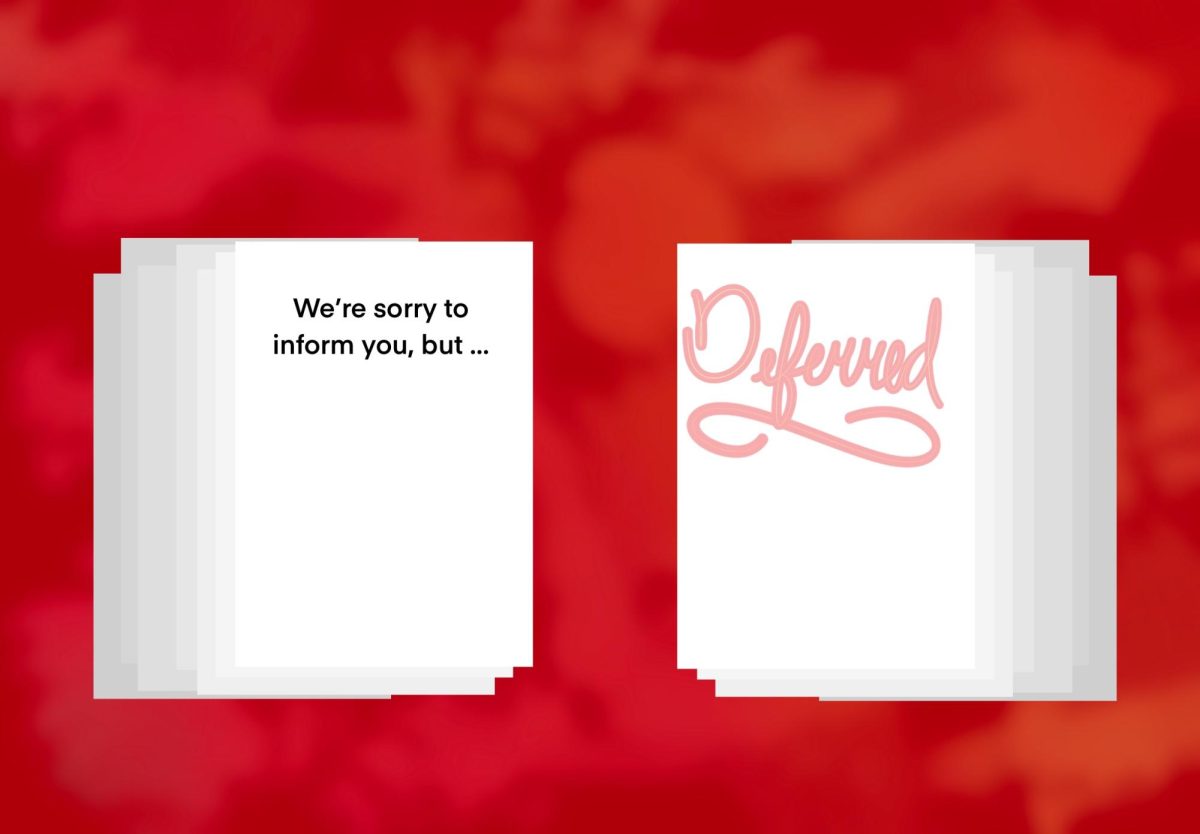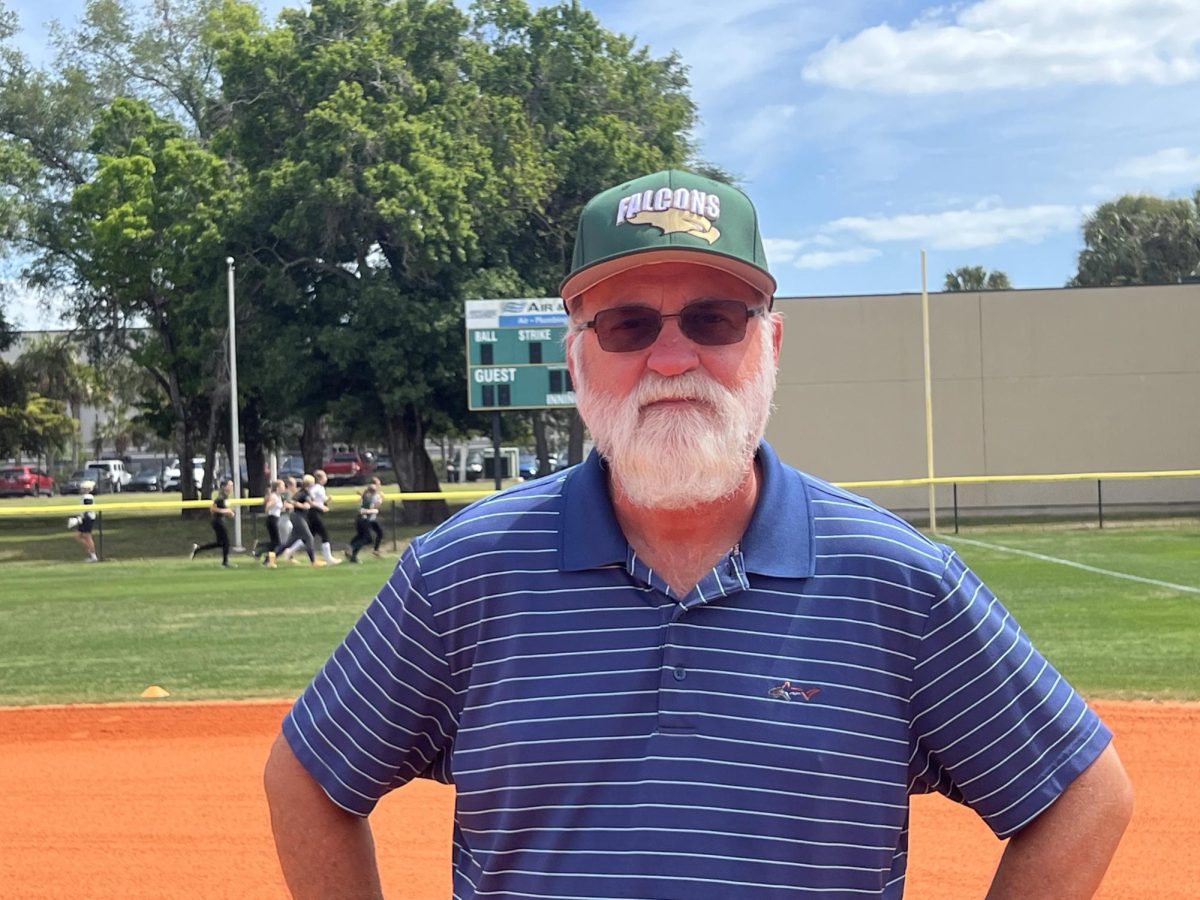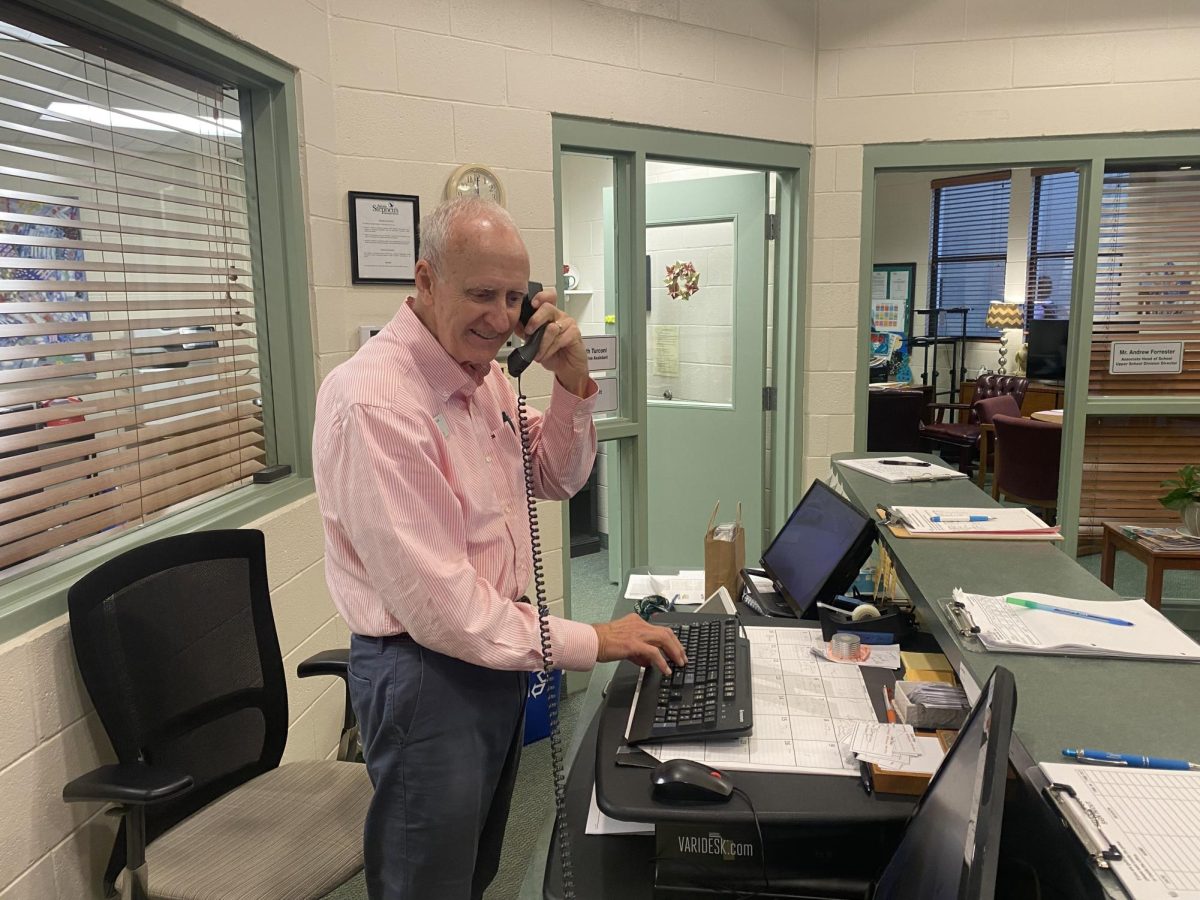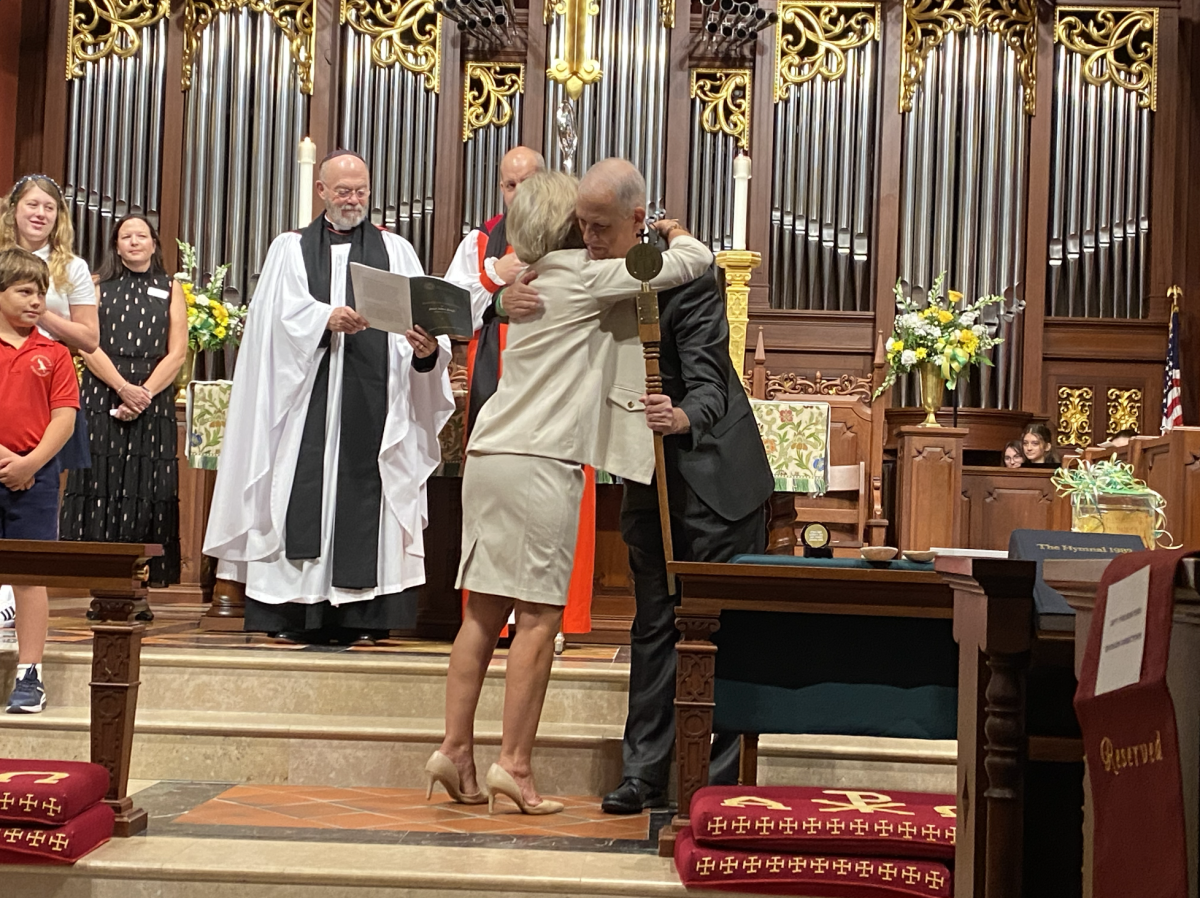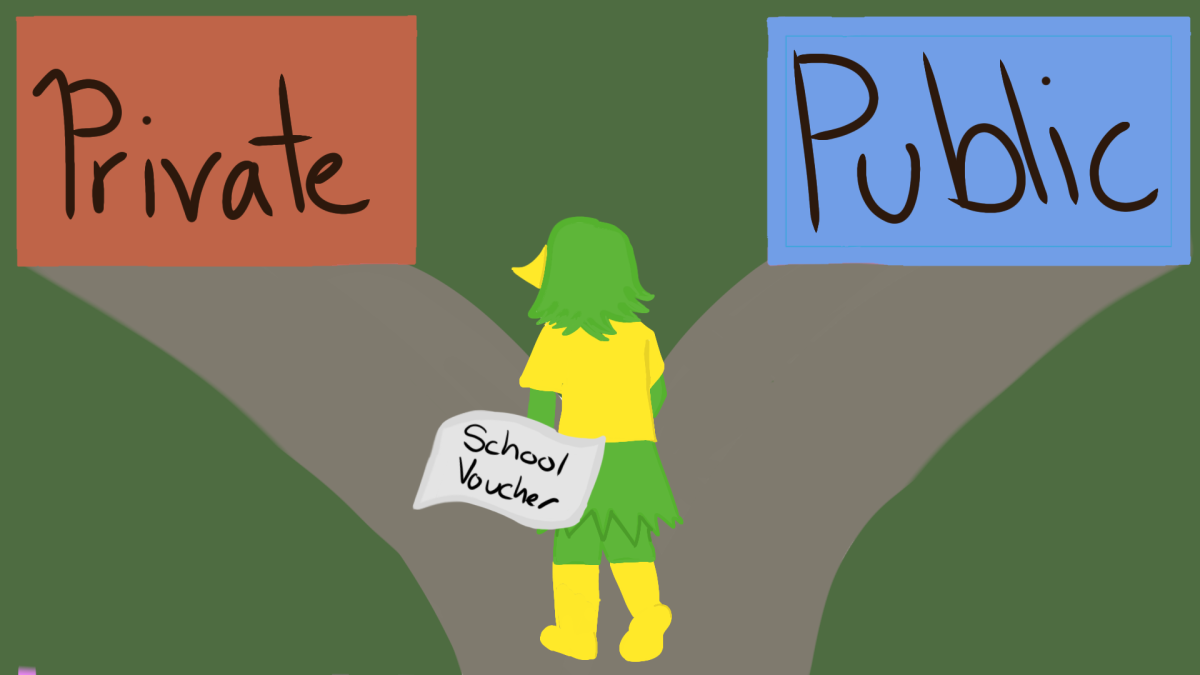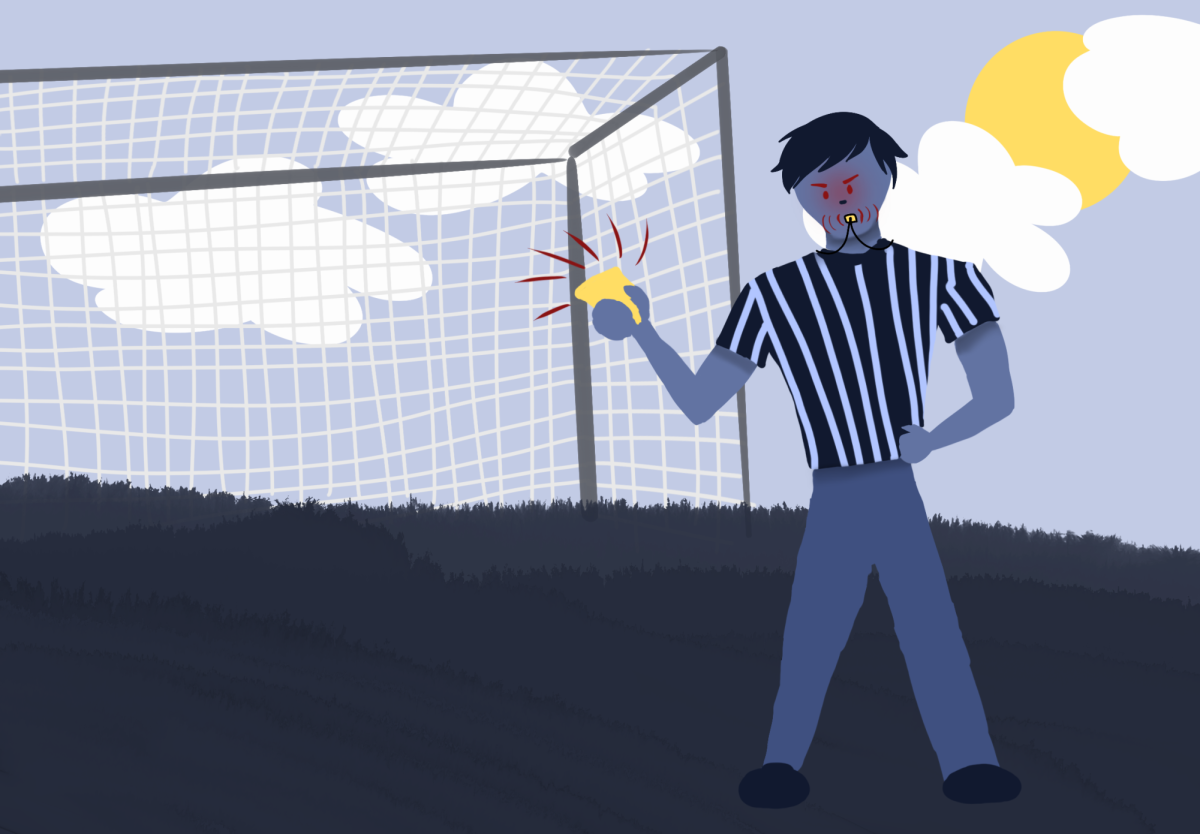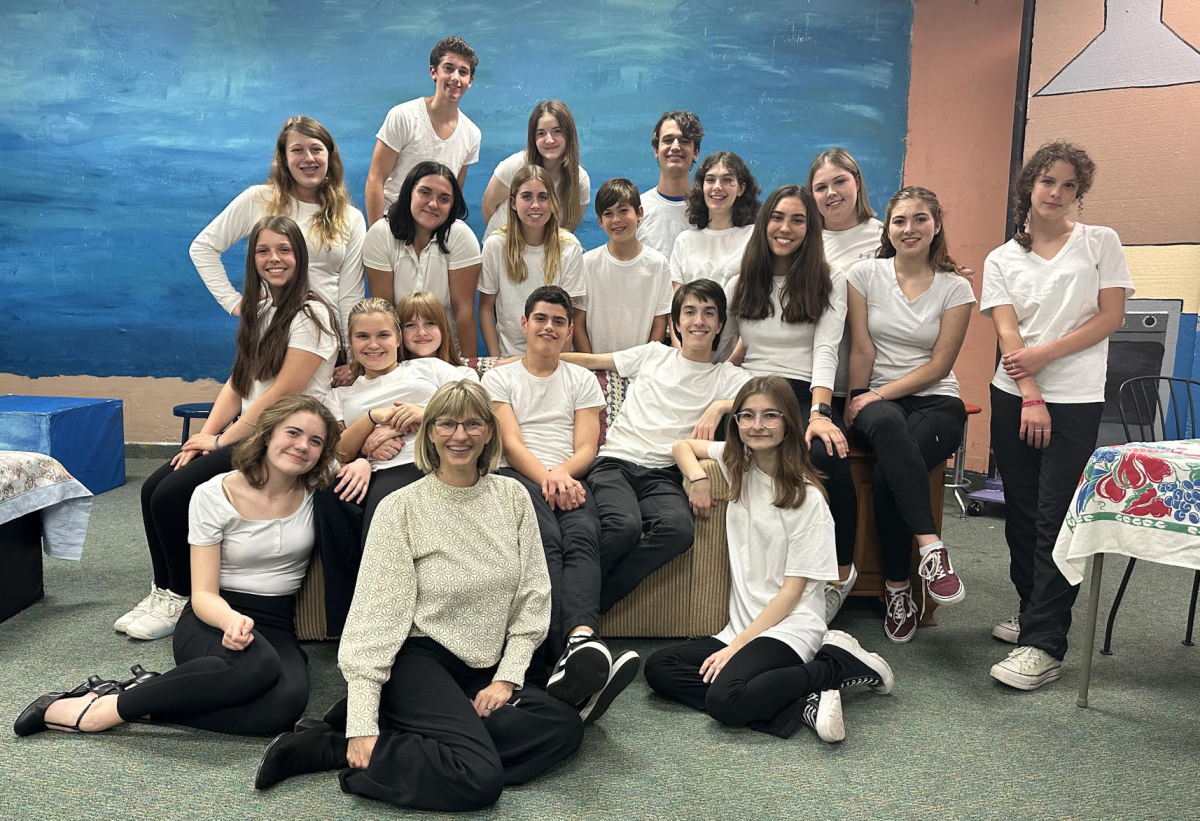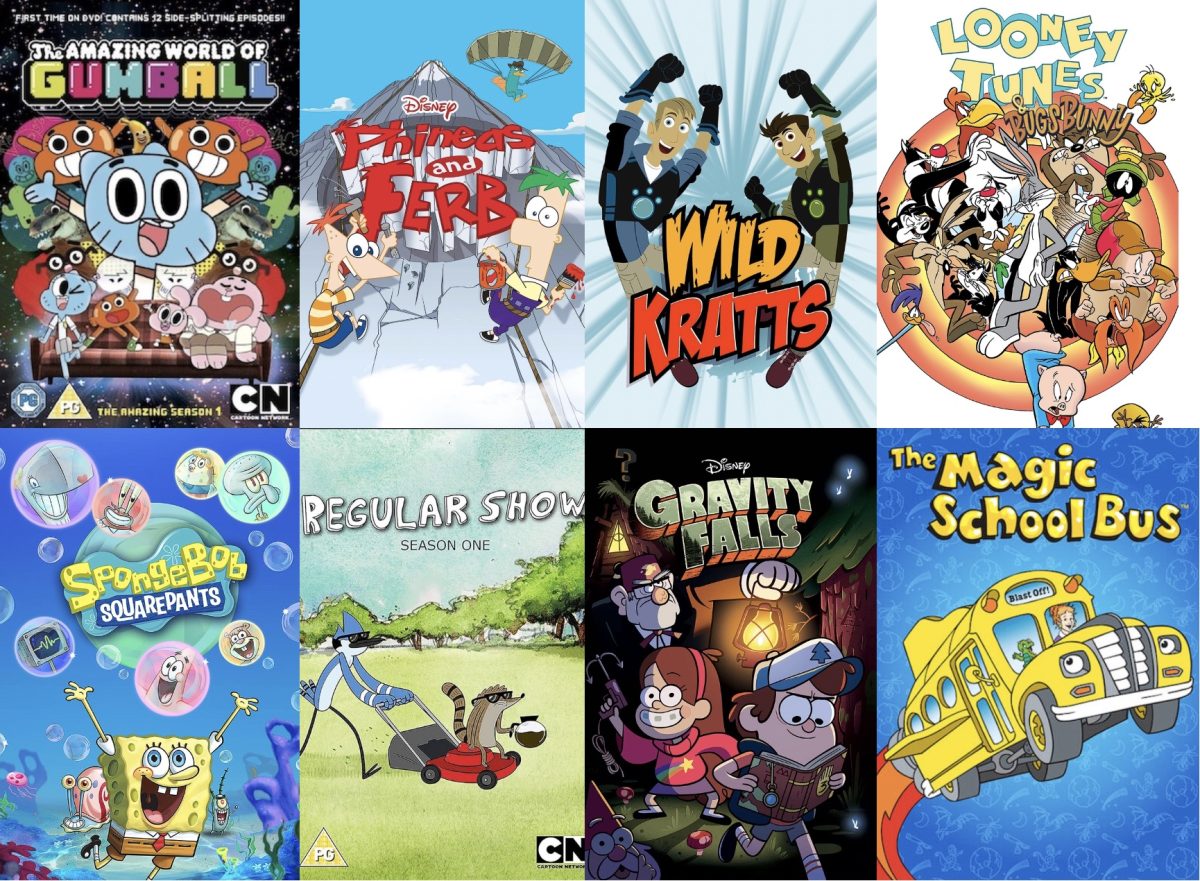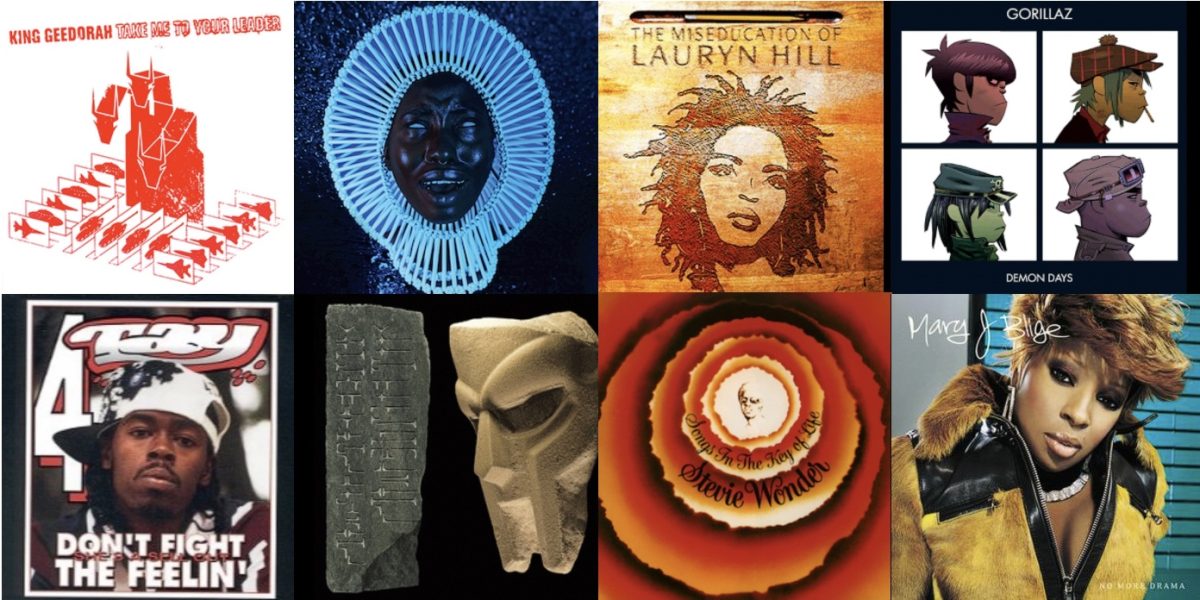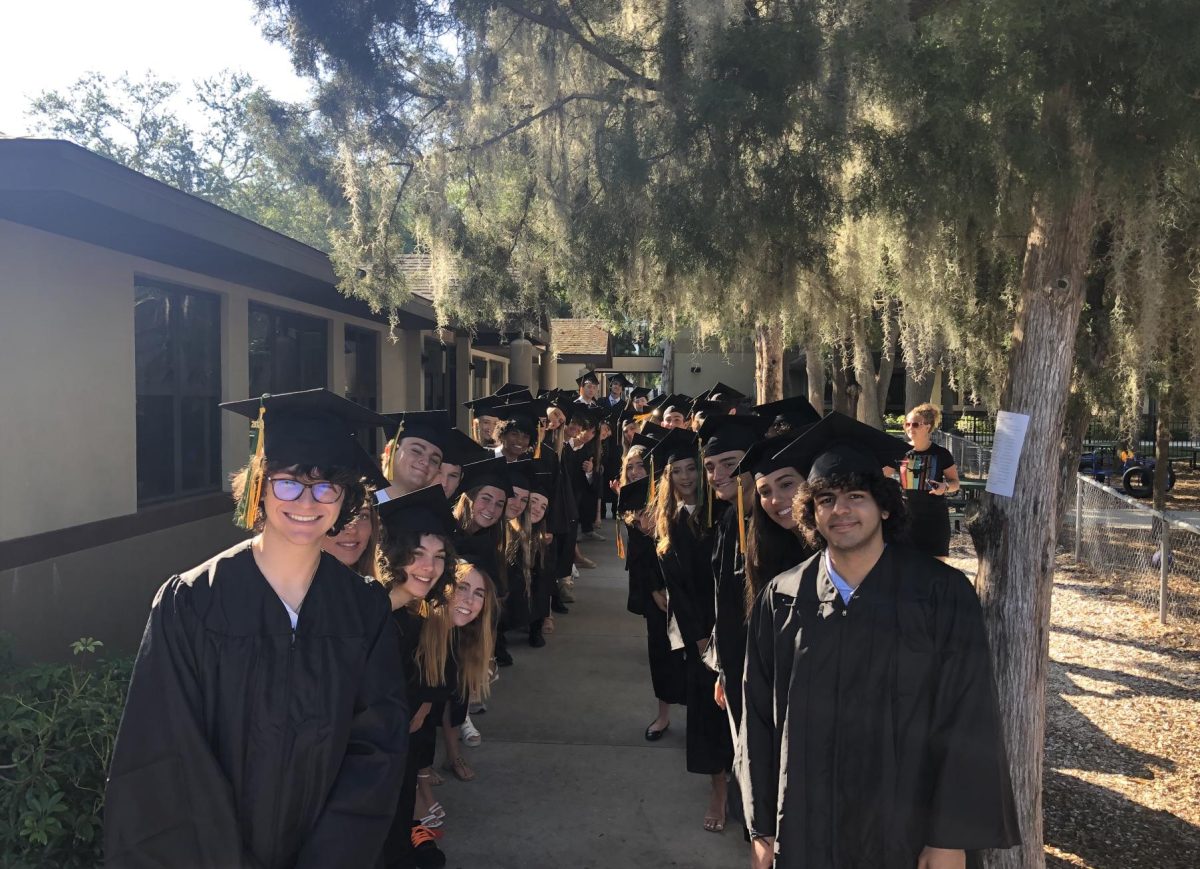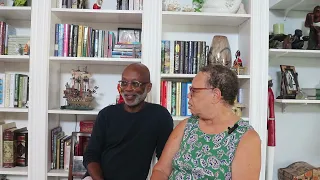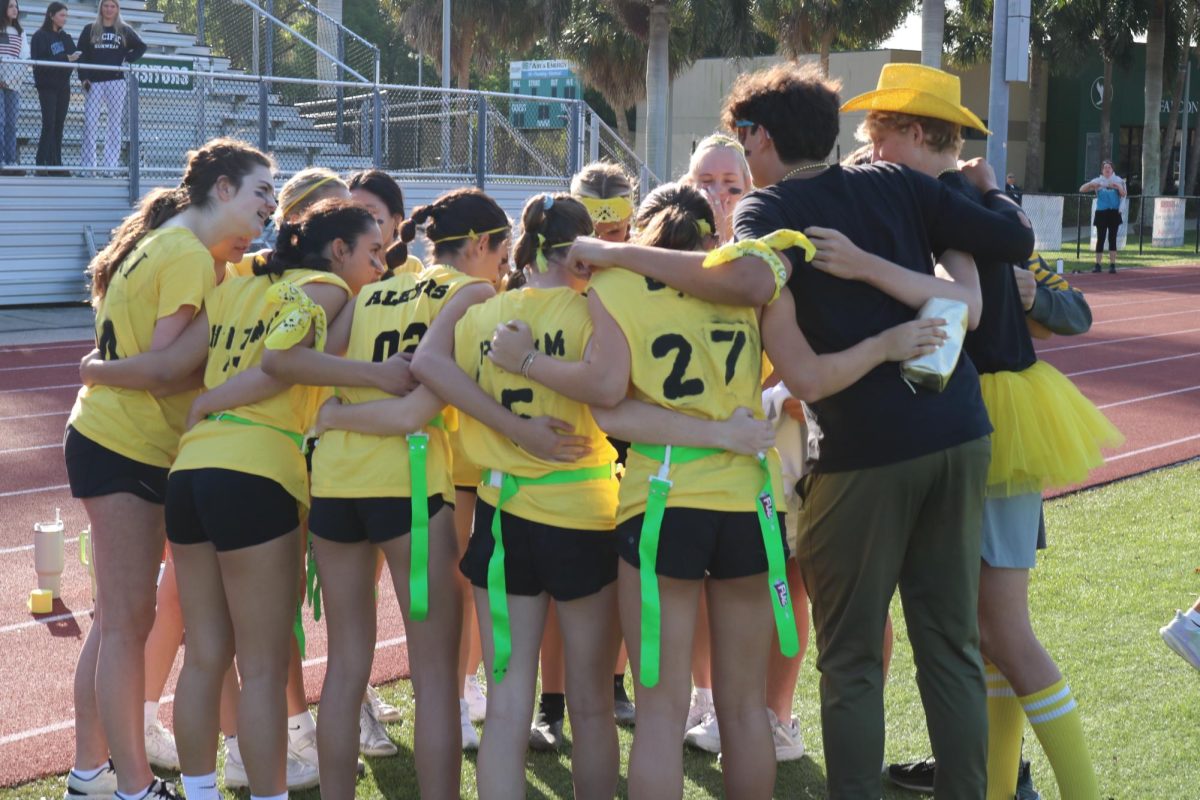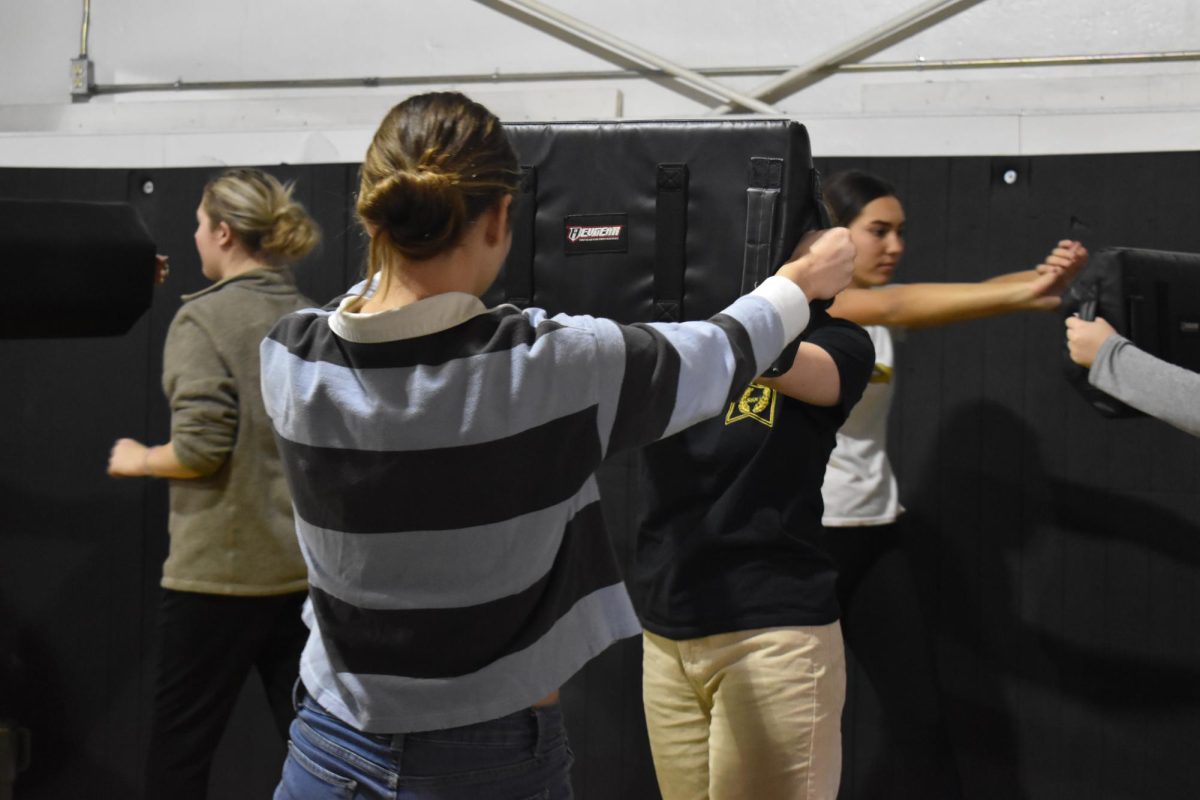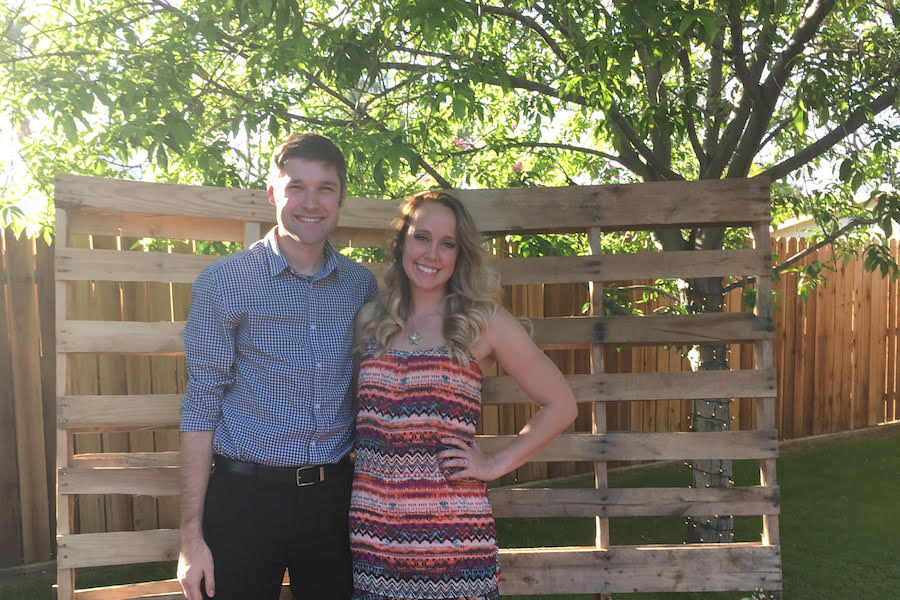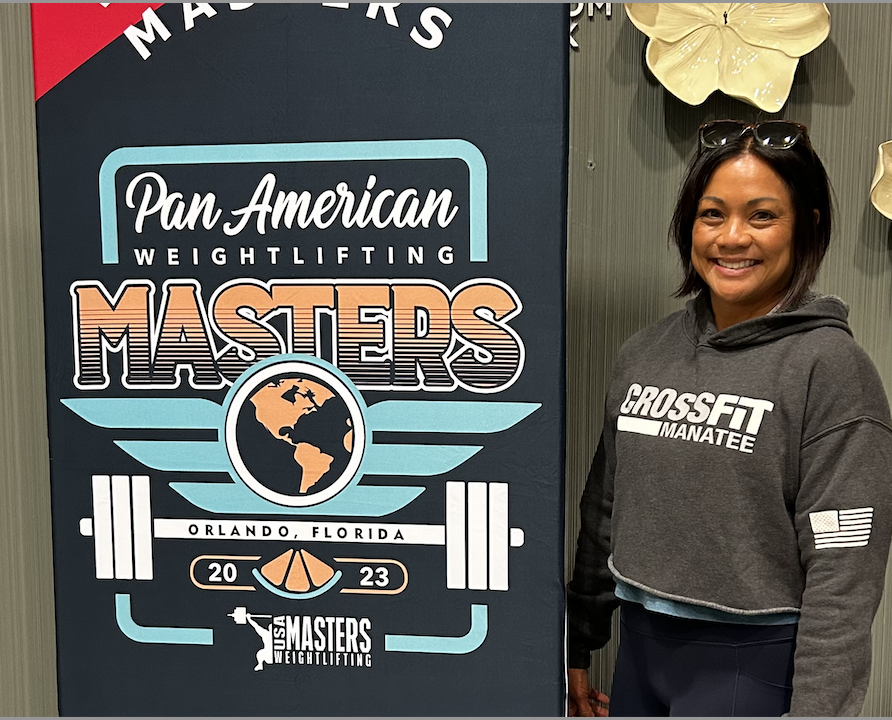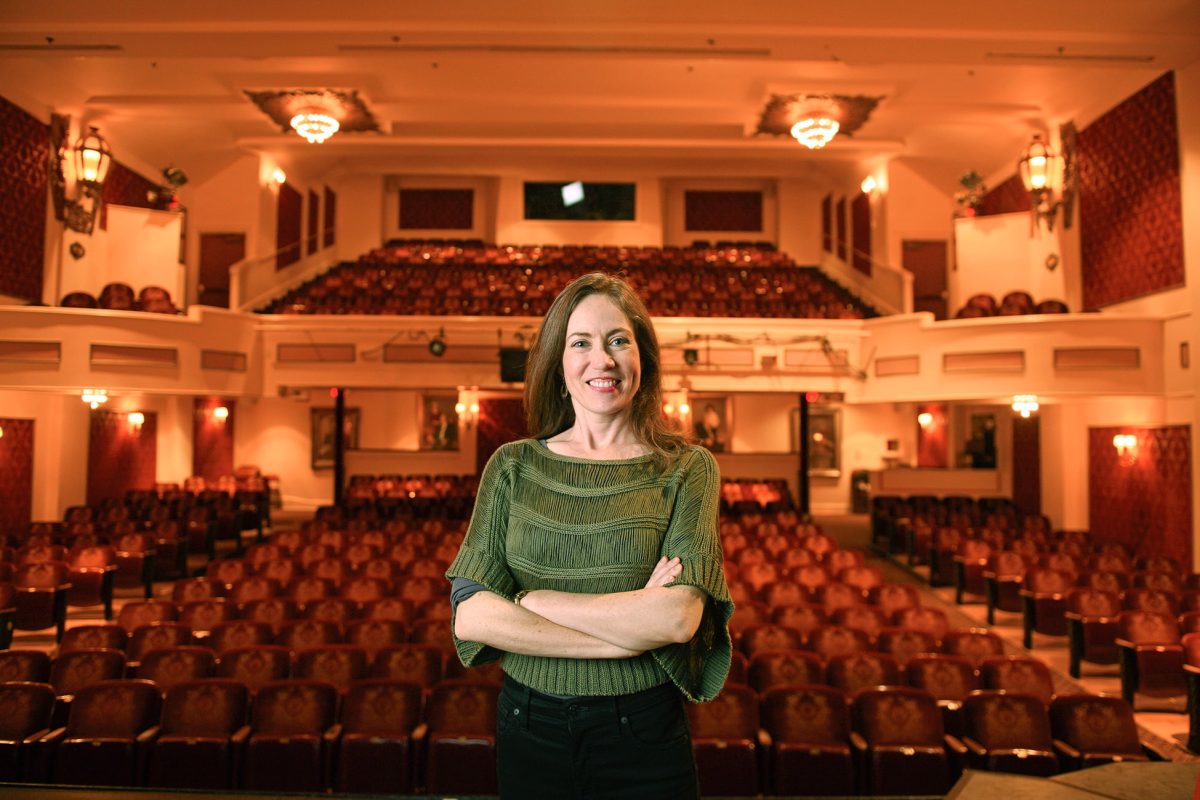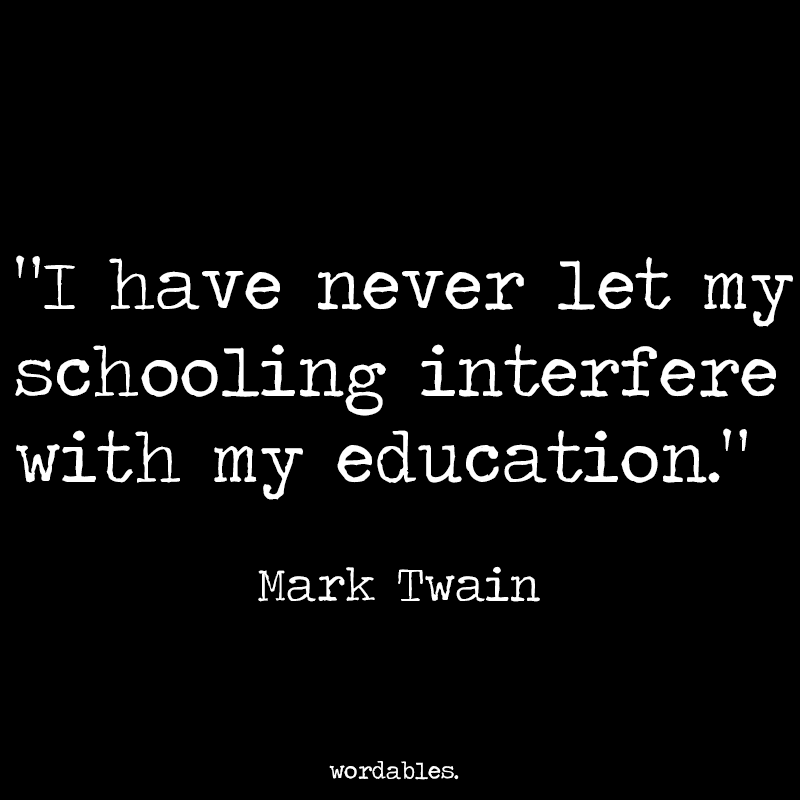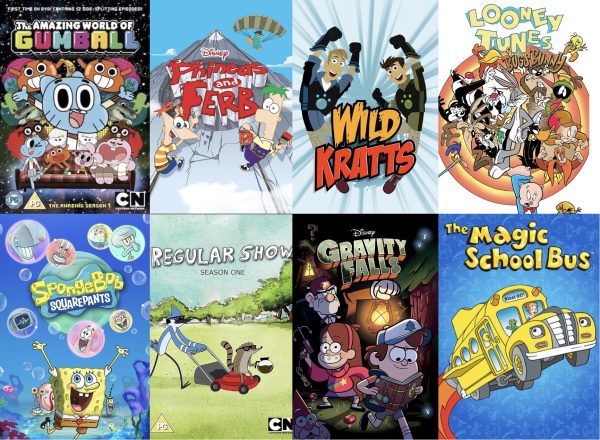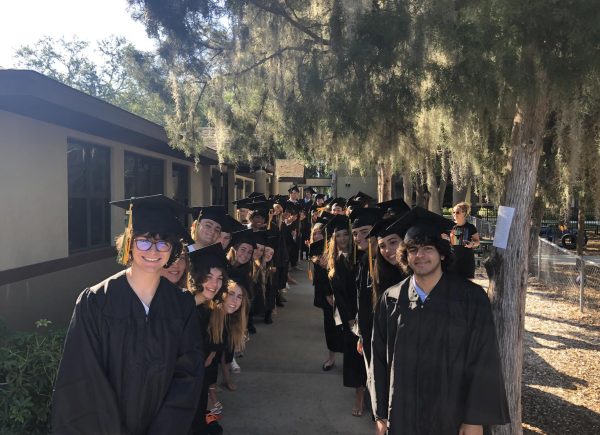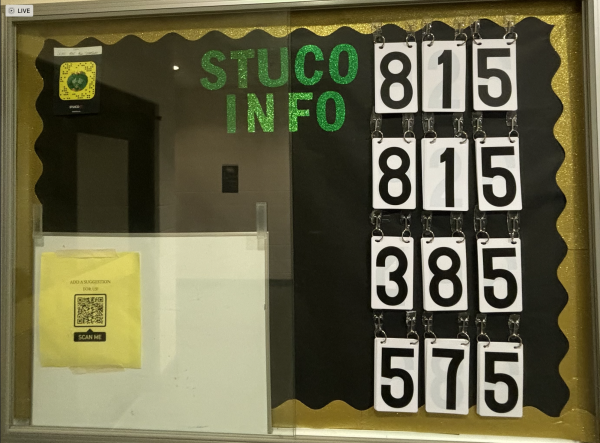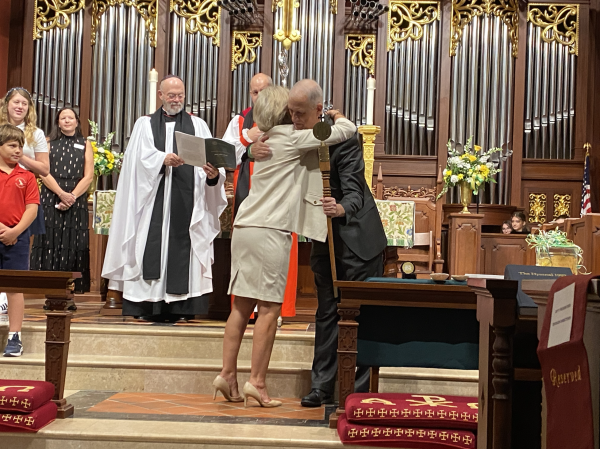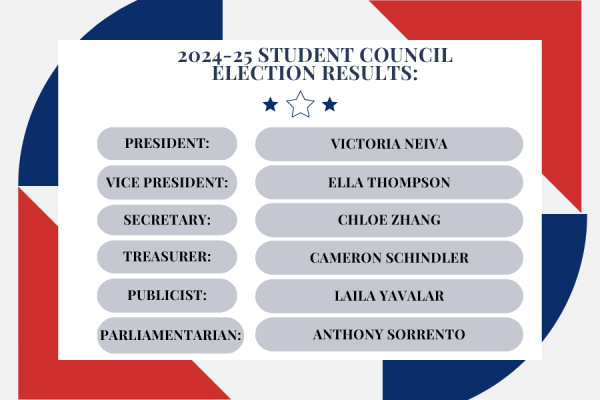What do you want to do with your life?
High school students across the nation weigh the decision to attend college or not.
October 20, 2016
High school, college, work. High school, college, work. This life-path, of immediately pursuing the next level of education among the “successful” individuals of the world, is a notion that has increased with the growing importance of attending college. Because many well-paying jobs require college degrees, students feel pressured to instantaneously pursue their college diploma. However, there are beliefs that advocate the contrary opinion, stating that this direct path to high school, college, and then work, can prove to be ineffective in truly knowing one’s purpose in life. The common sequence of schooling has recently been challenged, making people wonder if they are making the right decisions in their own lives.
After attending school for around 13 years- from kindergarten to high school- students often times only know the “world of school.” With the academic year taking up around 10 months of the year, it is rare for students to be able to pursue their individualized interests. With an average six-and-a-half hours of school a day, little time can be found to discover interests on your own. Though the idea of a “liberal arts education” is conducive in giving children the well-rounded knowledge they need in life, some students need the time to pursue further what personally interests them. By uncovering what interests a person has, they can more precisely determine what they’d commit their life to doing.
During the junior year of my high school career, I already began to feel the pressure of college. Being at a college preparatory school like Saint Stephen’s I assumed it was only normal. However, after speaking with friends of other schools and hearing stories about kids taking time off from school, I realized this mindset wasn’t the only one in existence.
Since freshman year, my peers have been gossiping about their dream schools, so I figured that was my only option: right after high school I will be going to college. But I began to rethink this system of almost eternal education, a never-ending cycle of learning and lack of application. My interests began to come to the surface and solidify and I began to realize their wasn’t any actual rule prohibiting students from taking time off before college.
Christine Wagner, a graduate of Western-Case Reserve University and parent of three college students and one high school student, said, “There isn’t a reason for students to not take a break after high school. There is no need to rush off to more education if they are still unsure of what they want to do. Their whole life depends on these decisions so they should not be rushed.”
This mentality of rushing into things is common when it comes to pursuing college, and it will in turn affect life as a whole. While there may be an overwhelming feeling of obligation among SSES students to go to college directly after high school, it must be understood that this is not a requirement. Going beyond the classroom walls on your own, exploring your passions, giving back to the community, and travelling can give students perspectives that they have never experienced before.
These experiences are those that some believe just cannot be obtained within a classroom. Despite colleges’ extensive community service and study abroad programs, there is a limit to what students can do. Self-proclaimed, self-educated explorers, researchers, volunteers often times have a powerful influence on the world around us. By pursuing something because you want to, rather than it being required or a part of a curriculum, is far more gratifying. So, the essential questions remain: What is most important to you? What will your path be?


